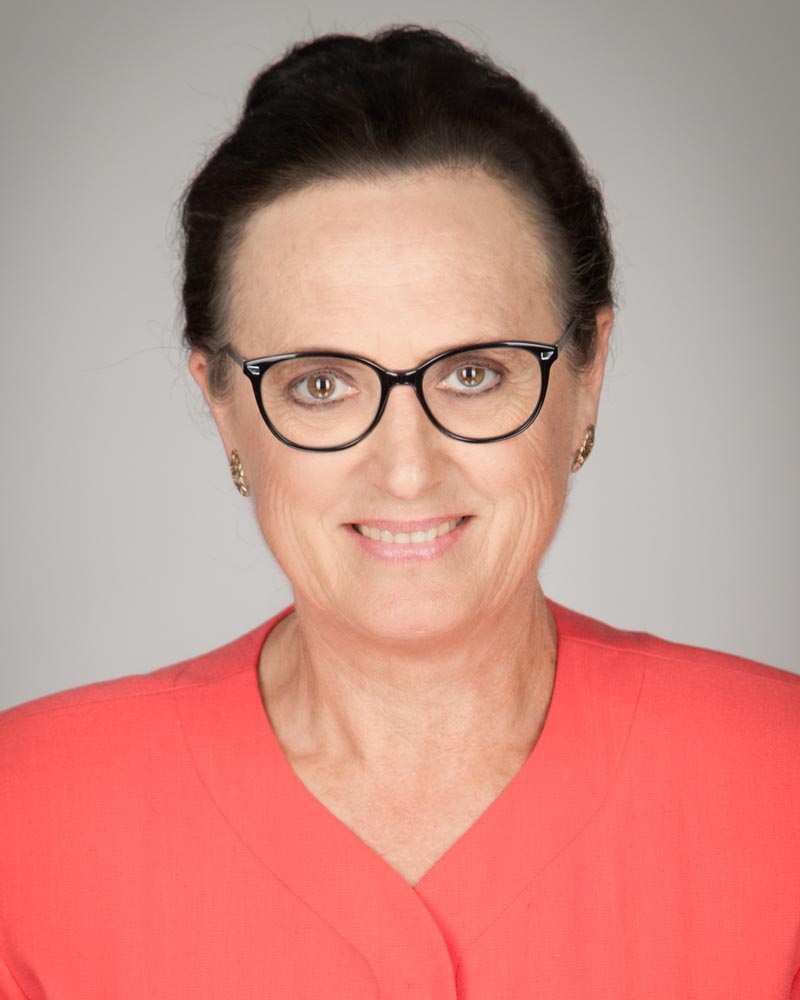
1. Professor Pearlman tell us your journey as an eco-traveler. How everything started?
My parents taught me to love and appreciate all people and cultures. Coming from a family of mixed heritage — my father a Bronx Jewish doctor stationed at an Army hospital in West Virginia, my mother a Protestant, Appalachian — I learned that we can all enjoy others’ cultures and get along in peace and harmony.
After an anthropology class in ninth grade with visits to the Hopi and Navajo (Dine) Indian reservations and a home stay with a family in Mexico, I wanted to pursue a career to protect both cultures and the environment. I coordinated the first Earth Day in southern California in 1970 and since then many ecological projects through Educational Communications since 1972 including the Ecology Center of Southern California.
After I learned my first folk dance at age 4, I started performing and still do! In college I danced with the Intersection Dancers and still share dance cultures of the world through the Gypsy Folk Ensemble’s shows.
The Environmental Directions radio series started in 1977 and ECONEWS television series in 1984 have given me the opportunity to visit many locales around the world and interview important activists and scientists trying to save our cultural and natural history. I have produced over 2700 radio and television documentaries and won many awards including three EMMY-nominations.
My love of seeing the world was encouraged as I travelled around the world to five of the seven continents during college on the World Campus Afloat/Semester at Sea program through Chapman University. Studies at Los Angeles City College, UCLA, USC, and Antioch University enhanced my appreciation of life. As a Global 500 Laureate with the United Nations Environment Programme, I attended international conferences such as the Rio Earth Summit in 1992 and the Habitat Summit in Istanbul in 1996. Through my political work, media work and humanitarian work, I have travelled to ninety countries, some more than four times.
My Humanity and the Planet project is helping build an orphanage in Kogelo, Kenya, East Africa. I collaborated with other groups to promote the need for water wells in Burkina Faso, West Africa. I have worked with organizations to promote wildlife conservation from South Africa, Peru, Malaysia, Azerbaijan, and Switzerland to many other places to name only a few.
The concept of ecotourism started in 1993 when I helped coin the term. This means that tourists don’t just travel to see natural areas but that their tourist dollars help with conservation efforts for wildlife and ecosystems and to local communities to schools, health clinics, and economic development.
2. Professor Pearlman, what book would you recommend the most to a young person who like to one day build a successful sustainable career?
In the 1960s and 1970s there were few environmental books but the one that got me started on my environmental career, Dr. Paul Erhlich’s “The Population Bomb,” was great. He has since written many other books to update his studies. Dr. Garrett Hardin’s books and even his renowned article “The Tragedy of the Commons” is another must read in the field of human ecology. Many important scientists especially primatologists have written memoirs worth reading especially those of Dr. Jane Goodall and Dr. Birute Galdikas. So many books on sustainability and green living are available that they are too numerous to mention. Now I can fill a book shef a month with new books. I recommend that those interested in a career in sustainability look to works by well established scientists and activists. I review them regularly in my Compendium Newsletter.
3. Professor Nancy Pearlman, tell us your superpower to manage such a balance lifestyle as a traveler, educator, leader, filmmaker? How does your typical day looks for you?
As a generalis, it is hard to focus on just one topic, one issue, one plant , one animal, or one ecosystem. But there is a need for people such as me to bring together connections. There are always more stories to tell, more interviews to do, more events to attend than there is time in the day. I have learned that I have to carefully consider the tradeoffs. To be successful, it is important to take care of yourself.
I will not start the day without a morning jog. While I do a fraction of the mileage I did when I was a world class marathoner (ranked in the top 100 in the US.) or ultramarathoner (ranked number five in the world), or hiker (having done 75 listed peaks in the Sierras), or equestrian, I still workout. It helped me at age 65 to climb the highest peak (19,336 feet, Mt. Kilimanjaro) in Africa.
As an activist I make my voice heard through volunteering for causes and organizations. As a media person, I educate the public on the important issues of the day. As an educator, I try to guide each student into using her or his knowledge for the better. And as a politician, I try to vote to make policy good for all. I also served four terms (16 years) as an elected official as Trustee for the Los Angeles Community College District and was able to get nine billion dollars of construction money to be spent sustainably.
Not giving up, being willing to be attacked for one’s actions and positions, and continuously trying to make changes for a better quality of life are major guidelines. I believe that if you pursue your dreams you may not get rich financially but you get rich in the incredible experiences and successes you have.


